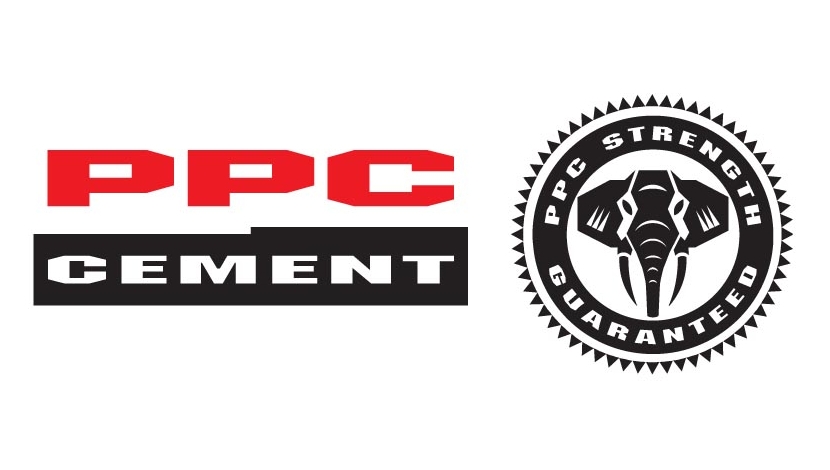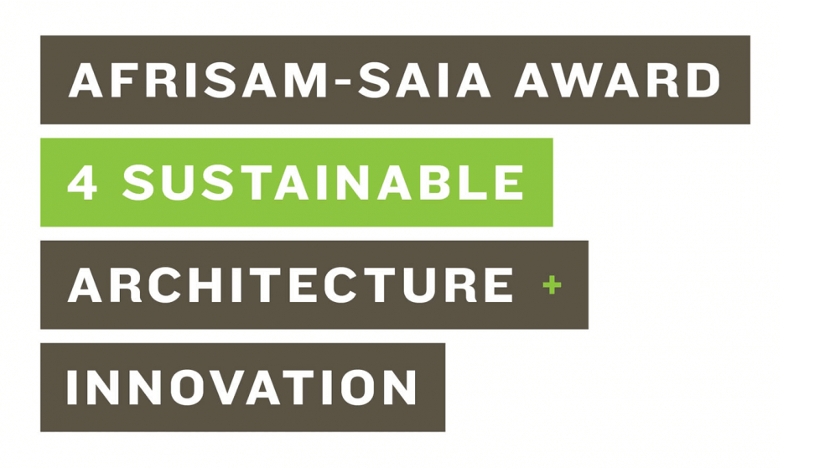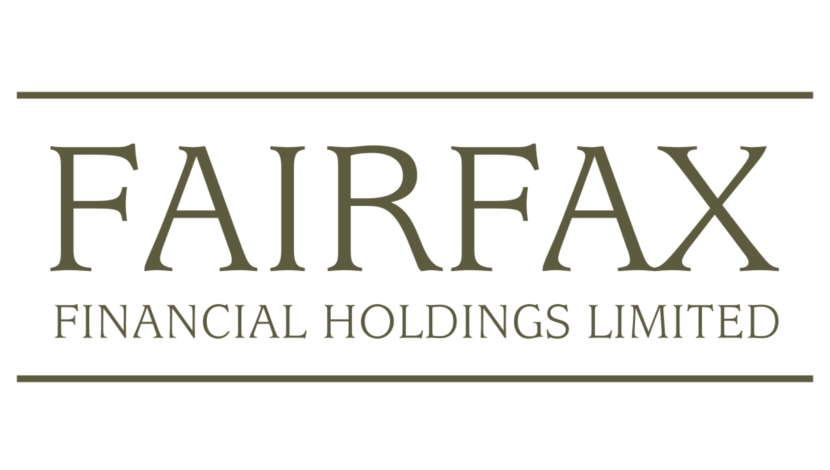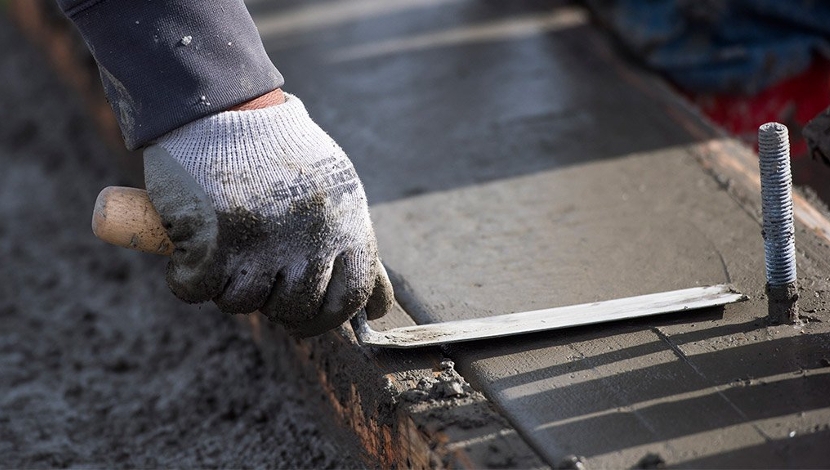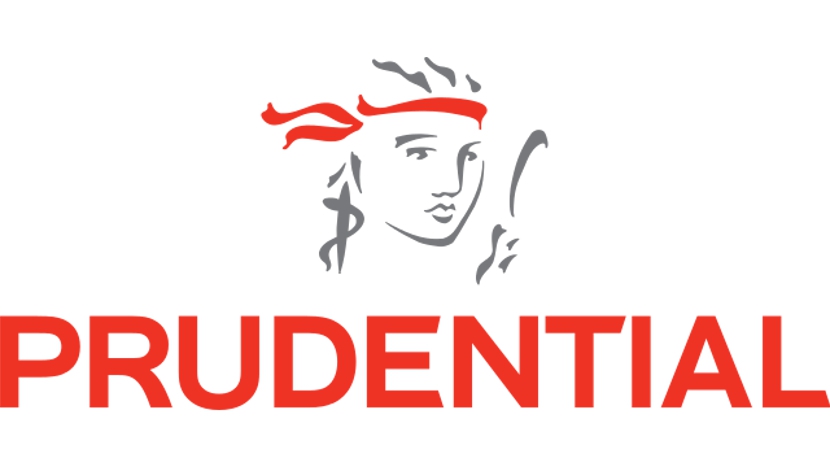

Prudential Investment Managers, one of the top three shareholders in PPC, says it opposes a proposed merger between SA’s largest cement group and its unlisted South African rival AfriSam.
Prudential, which holds 13%-14% of PPC, said it wanted “other shareholders to think twice” about such a transaction.
It said AfriSam’s recent revised offer, which had the backing of Canada’s Fairfax Africa Investments, undervalued the group. It believed PPC’s share price would double in the next three to four years with the ramp-up of its rest of Africa operations including in Ethiopia, Rwanda and the Democratic Republic of Congo.
“The shareholders have been asked to back a short-term gain,” Chris Wood, Prudential’s head of equity, said on Monday. “From this point forward, there will be a material improvement in [PPC’s] cash flow.”
Fairfax was using PPC’s earnings before interest, tax, depreciation and amortisation in the year to March 2017 as a basis of reported profits. This was not a fair representation of the group’s earnings, Wood said. Critically, though, the Public Investment Corporation, which holds about 15% of PPC shares, has supported the latest AfriSam conditional partial offer.
Fairfax has undertaken to buy R2bn of ordinary shares in PPC at R5.75 a share. The proposed merger ratio is based on a share exchange of 58 PPC shares for 42 AfriSam shares.
This values PPC at a 62% premium based on pro-forma earnings multiples applied to the two businesses, according to AfriSam. This proposal includes a R4bn recapitalisation of AfriSam before any merger.
PPC recently raised R4bn in a rights offer to help bring its rest of Africa plants on stream. It was also spending R1.2bn on a new kiln at its Slurry cement plant in North West province to boost operating efficiencies.
The company also received a nonbinding “communication of interest” from Nigeria’s Dangote Cement to buy its entire share capital. PPC’s board earlier advised of indicative proposals from two other bidders.
AfriSam and PPC previously said they were looking to create a merged cement producer that could compete in Africa. PPC also reduced its capital expenditure guidance in September for the next two years, to help assuage fears about its liquidity.
The group said it would cut capex between 16% and 35% until 2019, and would focus on bringing its other investments in the rest of Africa into operation, including in Zimbabwe. These new operations would raise group cement production capacity, from 8-million tonnes a year in 2015, to 12.4-million tonnes a year by 2018.
Among its rest of Africa operations, the Zimbabwe and Rwanda assets had continued to deliver high double-digit volume growth, the group said.

